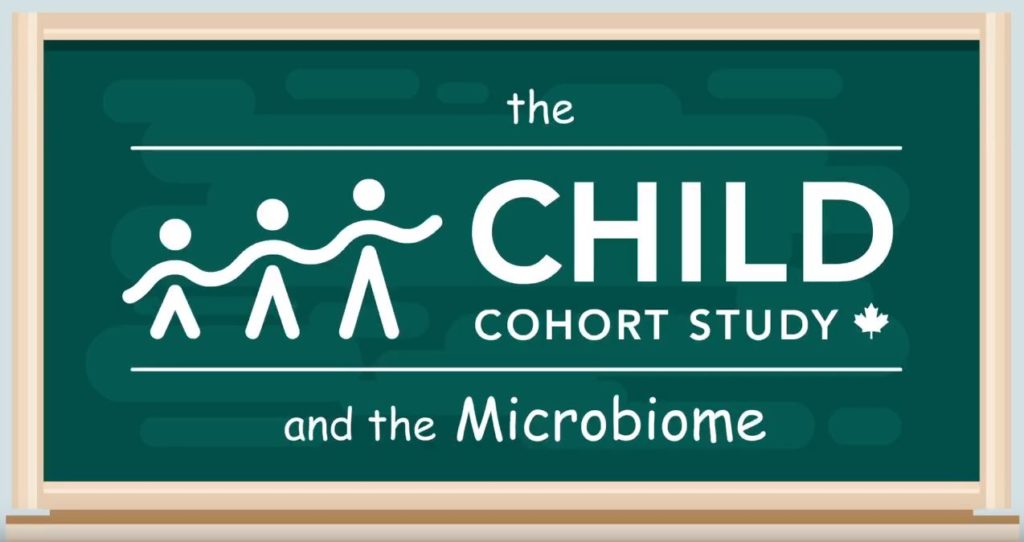Check out what’s new in food allergy research and learn how you can participate in the latest research studies.
Research: CSACI recommends newer generation vs first-generation antihistamines for treating hay fever and hives

The Canadian Society of Allergy and Clinical Immunology (CSACI) released a position statement warning against the use of first-generation antihistamines like Benadryl as first-line treatment for hay fever and hives in adults in children.
Older, first-generation antihistamines introduced before current safety and efficacy standards have been associated with numerous side effects such as sedation, impairment, cognitive dysfunction, poor sleep, dry mouth, dizziness as well as being associated with deaths from overdose and accidents. There are second- and third-generation antihistamines which first became available in Canada in the 1980’s and are more effective and safer.
These newer generation antihistamines should be the first-line treatment for allergic rhinitis (hay fever) and urticaria (hives), and include brands such as Reactine, Claritin and Aerius.
Watch our food allergy myths webinar and read this CBC article to find out more about first-generation antihistamines such as Benadryl.
Important: Epinephrine is the first-line treatment for anaphylaxis, it’s the only medication that can reverse the symptoms of an anaphylactic reaction. The main benefit of antihistamines is in treating hives or skin symptoms.
Research: Babies at low risk of peanut allergy should eat peanut early

The CHILD Cohort Study is a prospective longitudinal birth cohort study in which researchers are actively following the study participants over time as they grow and develop.
New findings from CHILD show that children who do not eat peanut during their first year of life are more likely to be allergic to peanut at age three. In fact, the data from over 2,600 Canadian children participating in CHILD revealed that babies who did not eat peanut in their first 12 months were more than four times as likely to have an allergy to peanut by age 3, compared to babies who ate peanut before their first birthday.
The CHILD Cohort Study was launched in 2008 by CIHR and AllerGen NCE. AllerGen NCE Inc. is a national research network dedicated to improving the quality of life of people with allergic and related immune diseases.
The results of the study help to further reinforce the importance and benefit of early introduction of allergenic foods. Read the press release.
Participate in important research studies

Thanks to those who have already participated in the research studies below. If you have not already participated, please take the time to learn about the studies and participate before they close.
Participate now:
Parents:
- Study that looks at the burden of food allergy: Participate in a study on managing multiple food allergies – help us understand if some are more burdensome than others! This study is looking at the impact food allergy has on quality of life, social behaviour, and its economic and related burdens for families managing multiple food allergies. To participate, you are asked to complete an online survey that will take 15-20 minutes.
- Emerging allergen study: Has your child had a reaction to an allergen outside of the priority food allergens? If so, participate in this study by completing an online survey.
Teens ages 14-17:
- Study that looks at the quality of life: This study aims to understand health preferences and how food allergy affects quality of life. To participate, you are asked to complete an online survey.
Adults:
- Study that looks at the burden of food allergy: Participate in a study on managing multiple food allergies – help us understand if some are more burdensome than others! This study is looking at the impact food allergy has on quality of life, social behaviour, and its economic and related burdens for adults with multiple food allergies. To participate, you are asked to complete an online survey that will take 15-20 minutes.
Healthcare professionals:
- Dietitians survey: Participate in a new study looking at the current capacity of Canadian dietitians providing care to pediatric patients with food allergy. You are asked to complete an online survey.
